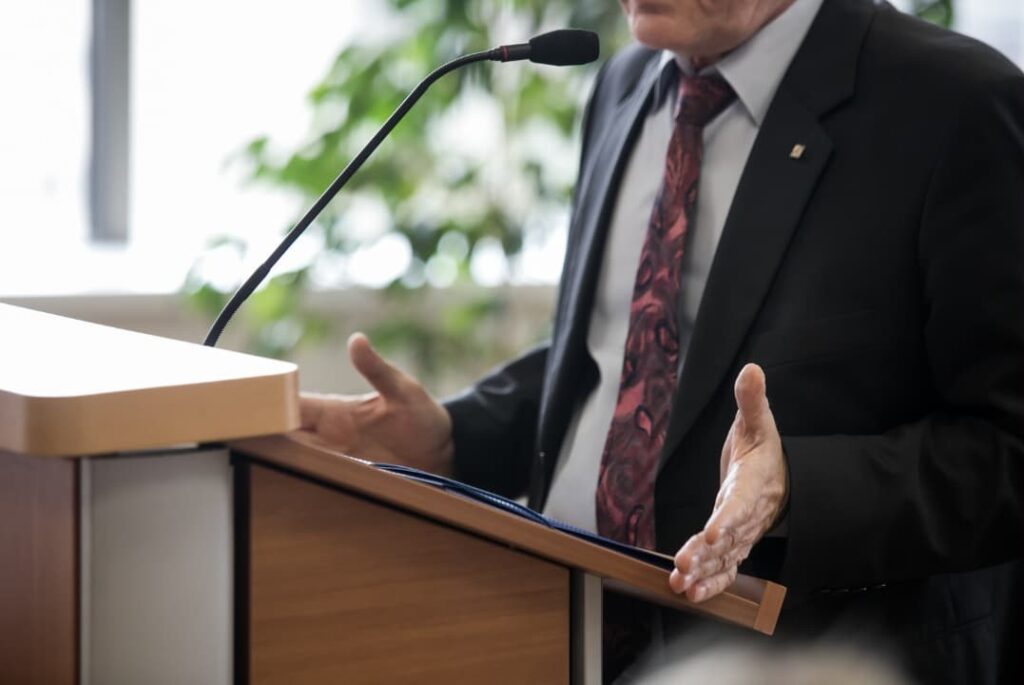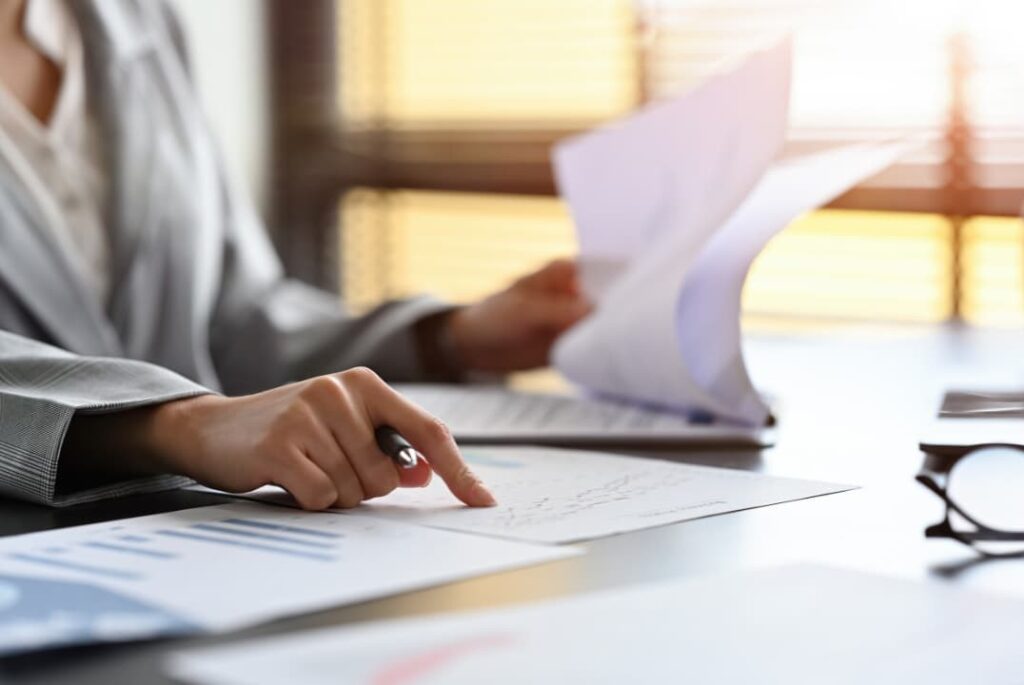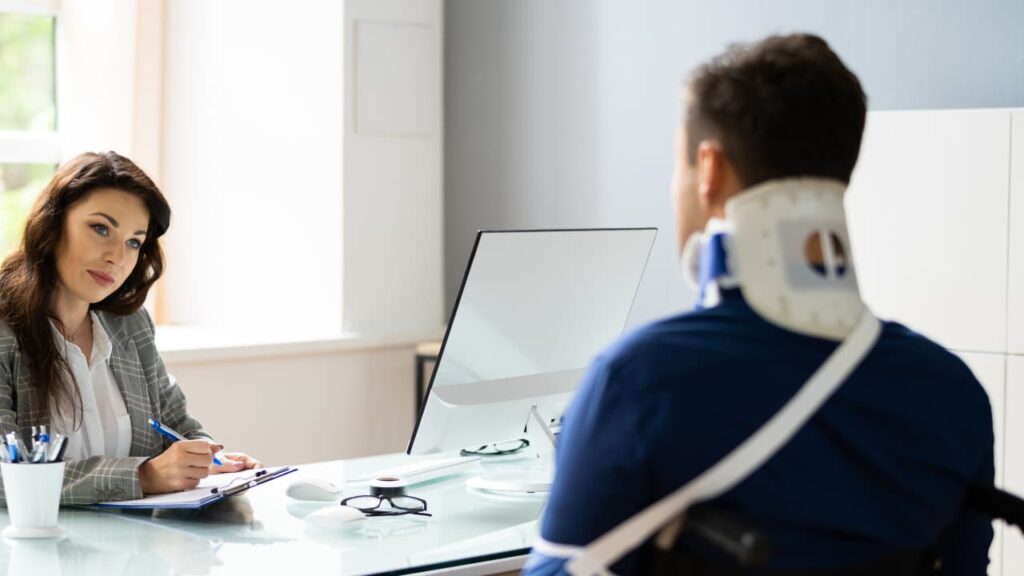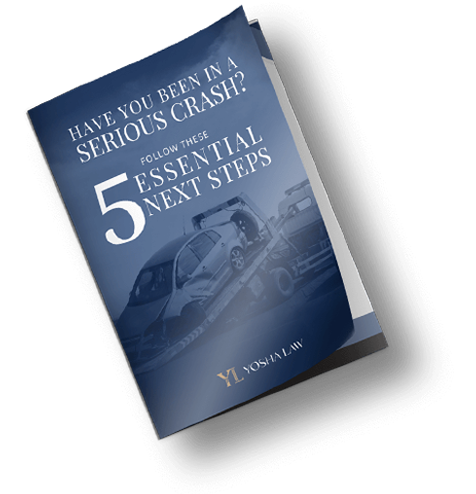Expert witnesses play a crucial role in personal injury trials, providing essential insights that can determine the outcome of a case.
These professionals bring specialized knowledge that is vital for explaining complex issues, which are often beyond the understanding of jurors and judges. Their testimonies, ranging from medical explanations of injuries to detailed analyses of accidents, help clarify the facts and consequences of each case.
In Indiana, the significance of expert witnesses is even more pronounced due to specific state laws and legal precedents that influence how their testimonies are used and evaluated.
This article will explore the vital role of expert witnesses in the context of Indiana’s legal landscape, highlighting how their expertise not only aids in understanding the facts but also plays a critical role in achieving justice in personal injury claims.
Understanding Expert Witnesses in Personal Injury Cases
An expert witness in a personal injury case is a professional with specialized knowledge, skills, or experience in a particular field relevant to the case. To qualify as an expert, an individual must typically have a proven track record of expertise through education, training, and professional experience. This expertise allows the specialist to provide testimony that can help the court understand complex factual issues related to the case.
In personal injury litigation, various types of expert witnesses are utilized depending on the specifics of the case:
- Medical professionals: These experts are crucial for explaining the nature and extent of injuries suffered by plaintiffs. They provide insights into the required treatments, the prognosis, and the potential for long-term impacts, which are essential for assessing claims.
- Accident reconstructionists: These specialists analyze how an accident occurred by reconstructing the scene. Their findings can help establish liability by showing the dynamics and mechanics of the accident, often using physics and engineering principles.
- Economic loss analysts: These experts calculate the financial impact of an injury on the plaintiff’s life. This includes lost wages, loss of earning capacity, and future medical costs, providing a clear picture of the economic damages incurred.
- Vocational experts: These experts assess how injuries affect a plaintiff’s ability to work and earn a living. They evaluate the plaintiff’s employment capabilities before and after the injury, discussing potential career adjustments and retraining needs. Their insights are pivotal in illustrating the long-term economic consequences of an injury.
According to Terry P. Leslie of Leslie Vocational Consulting, “Generally the vocational experts are the last people to testify, so the jury has already heard testimony from medical experts and everybody else as far as what the injuries were. The vocational expert puts it all together and puts it into essentially a real-life situation.”
Each type of expert witness brings a unique perspective that enriches the understanding of the case, thereby supporting the pursuit of justice by illuminating the true extent of the impact of injuries.
The Selection Process for Expert Witnesses
Choosing the right expert witness is crucial in personal injury litigation, as their credibility and persuasiveness can significantly impact the trial’s outcome. Recent judicial trends emphasize stricter scrutiny of expert witnesses, especially at the initial qualification stage, applying guidelines from landmark decisions to ensure adherence to the highest standards of relevance and reliability.
- Credentials: Credentials are the primary criterion for selecting an expert witness, including education, training, and professional experience relevant to the case. This might involve certifications, published research, or trial experience that demonstrates their depth of knowledge.
- Relevance to the case: An expert’s background must be directly applicable to the case specifics. For example, a medical expert should have expertise in the type of injury involved, while an economic loss analyst should be experienced in calculating similar scenario damages. This relevance ensures their testimony is founded on informed insights, increasingly scrutinized by courts.
- Communication skills: Experts must communicate complex information clearly and understandably, translating technical knowledge into terms jurors without specific expertise can grasp, often supported by visual aids or demonstratives.
- Trustworthiness and perceived lack of bias: The ability to appear unbiased and trustworthy critically affects an expert witness’s credibility. Experts must maintain impartiality and base their testimony strictly on facts and evidence, avoiding any conflicts of interest.
Attorneys must ensure their experts not only possess the necessary expertise and communication skills but also uphold high professionalism and integrity standards. This careful vetting is essential for building a robust case and effectively advocating for the client’s interests.
Impact of Expert Testimonies on Case Outcomes
Expert testimonies play a pivotal role in personal injury trials, often serving as a linchpin for the jury’s understanding and decision-making process. Their impact lies in their ability to clarify complex issues and lend authoritative opinions that can sway the outcomes of cases.
- Clarifying complex issues: In many personal injury cases, the technical details of an injury or the circumstances of an accident can be too complex for those without specialized knowledge. For instance, in a case involving a spinal injury, a medical expert can explain the mechanics of the injury, the long-term health implications, and the necessary ongoing treatments. This clarity helps the jury understand the severity of the injury beyond the basic medical terminology.
- Providing authoritative opinions: Expert witnesses provide informed opinions based on years of experience and study, which carry weight in the courtroom. When an expert testifies that a particular accident likely caused the plaintiff’s injuries, their authoritative voice adds significant credibility to the claim. This can be especially influential in close cases where the causation or extent of injuries might be in dispute.
Examples in Indiana Courts
- Scenario 1: Consider a traffic accident case in Indiana where the primary issue is determining who was at fault. An accident reconstruction expert could analyze the crash site data, vehicle damage, and witness reports to piece together the sequence of events that led to the accident. Their testimony could directly influence the jury’s understanding of liability, potentially leading to a favorable outcome for the plaintiff.
- Scenario 2: In a medical malpractice case, suppose a patient in Indiana suffers complications from a surgical procedure that were not adequately explained prior to the operation. A medical expert in surgical procedures could testify about the standard care expected in such situations and whether there was a deviation that led to the complications. Such testimony not only clarifies the technical aspects of the case but also highlights potential negligence, thus impacting the jury’s verdict regarding liability and damages.
These examples illustrate how expert testimonies can decisively impact case outcomes by providing clarity and authority on pivotal issues. In Indiana courts, where local laws and precedents also play a crucial role, the input of well-qualified experts is indispensable for navigating the complexities of personal injury litigation effectively.
Expert Witnesses and Settlement Negotiations
Expert witnesses are crucial not only during trials but also in the settlement negotiations that often precede courtroom proceedings. Their involvement provides authoritative insights that play a significant role in valuing the claim accurately and supporting the client’s position.
- Valuing the claim: Determining the value of a personal injury claim accurately is vital for fair settlement negotiations. Economic loss analysts and medical professionals assess the financial and personal impacts of injuries, calculating both current and future losses, including medical care, lost earnings, and quality of life. Their assessments ensure that demands for compensation reflect the full extent of the damages incurred.
- Supporting the client’s position: Expert testimony during negotiations substantiates the severity and legitimacy of the claim. For example, medical experts can detail the injuries and the long-term care needed, highlighting the need for substantial compensation. Vocational experts may demonstrate how injuries have impacted the plaintiff’s work capabilities and earnings potential.
Illustrative Scenario
Consider an Indiana case where a plaintiff has been severely injured at work, resulting in partial disability. A vocational expert assesses the plaintiff’s residual working capacity and the necessary job modifications, while a medical expert estimates future medical and rehabilitation costs. Armed with these evaluations, an attorney can more effectively negotiate a settlement that comprehensively addresses the plaintiff’s extensive needs.
Expert witnesses bridge the gap between initial offers and fair compensation, facilitating quicker and more equitable settlements. Their informed insights minimize the chances for low-ball offers and disputes over the extent of damages.
Yosha Law’s Approach to Utilizing Expert Witnesses
Yosha Law is meticulous in its strategic selection and utilization of expert witnesses to strengthen personal injury cases. Recognizing the significant impact of expert testimony, the firm prioritizes finding experts whose credentials, expertise, and communication skills align with the specifics of each case.
- Strategic expert selection: The firm selects experts who are leaders in their fields with a proven track record of clear, convincing testimony. Whether it’s a medical doctor, an accident reconstructionist, or an economic analyst, Yosha Law ensures these experts are proficient in Indiana law and capable of presenting complex information clearly.
- Commitment to collaboration: Preparation and collaboration are fundamental to the firm’s strategy. Yosha Law closely works with expert witnesses during case preparation, integrating their testimonies into the overall case strategy. This meticulous approach ensures every piece of testimony supports and strengthens the client’s claims.
Expert witnesses are crucial in personal injury trials, offering the detailed, technical knowledge needed to clarify the facts and persuade juries. The success of these witnesses relies heavily on a legal team’s ability to select and work with the right experts effectively. Yosha Law’s strategic use of expert witnesses significantly boosts client success chances.
By choosing a team like Yosha Law, clients are assured that their claims are not only backed by strong legal advocacy but also by the authoritative insights of carefully chosen experts. This approach is essential for successfully navigating the complexities of personal injury litigation and securing favorable outcomes in Indiana courts.









